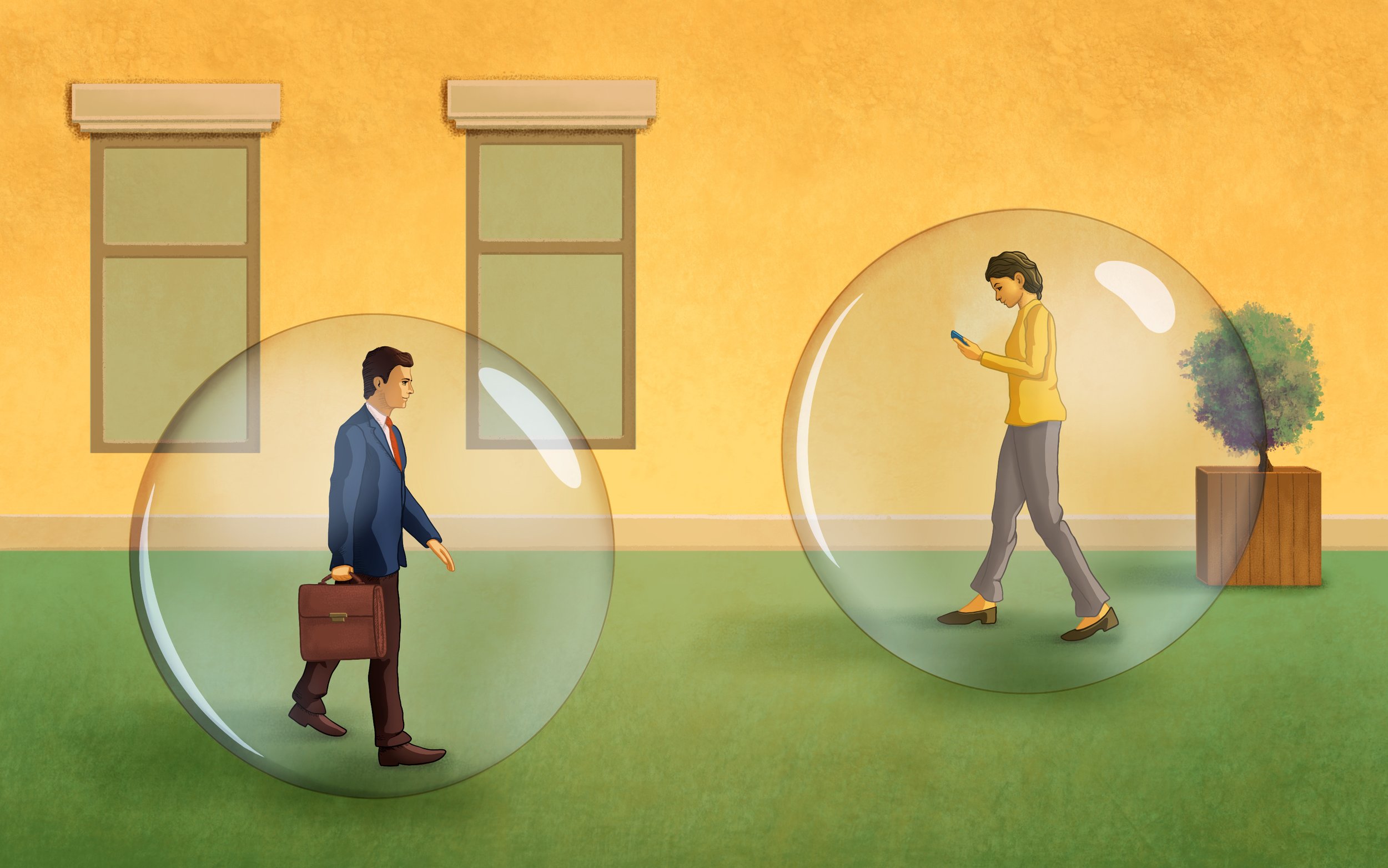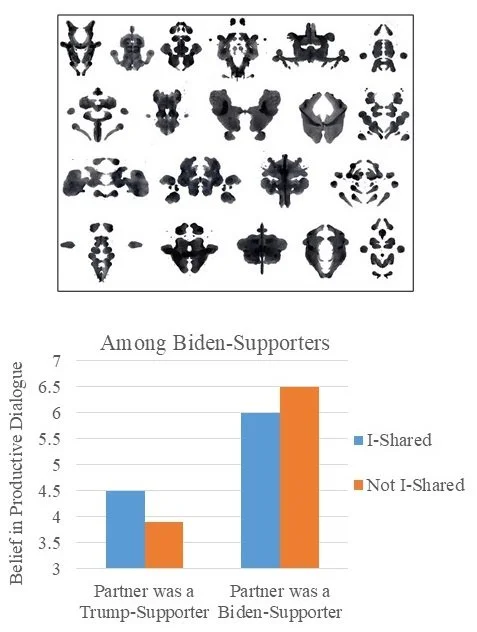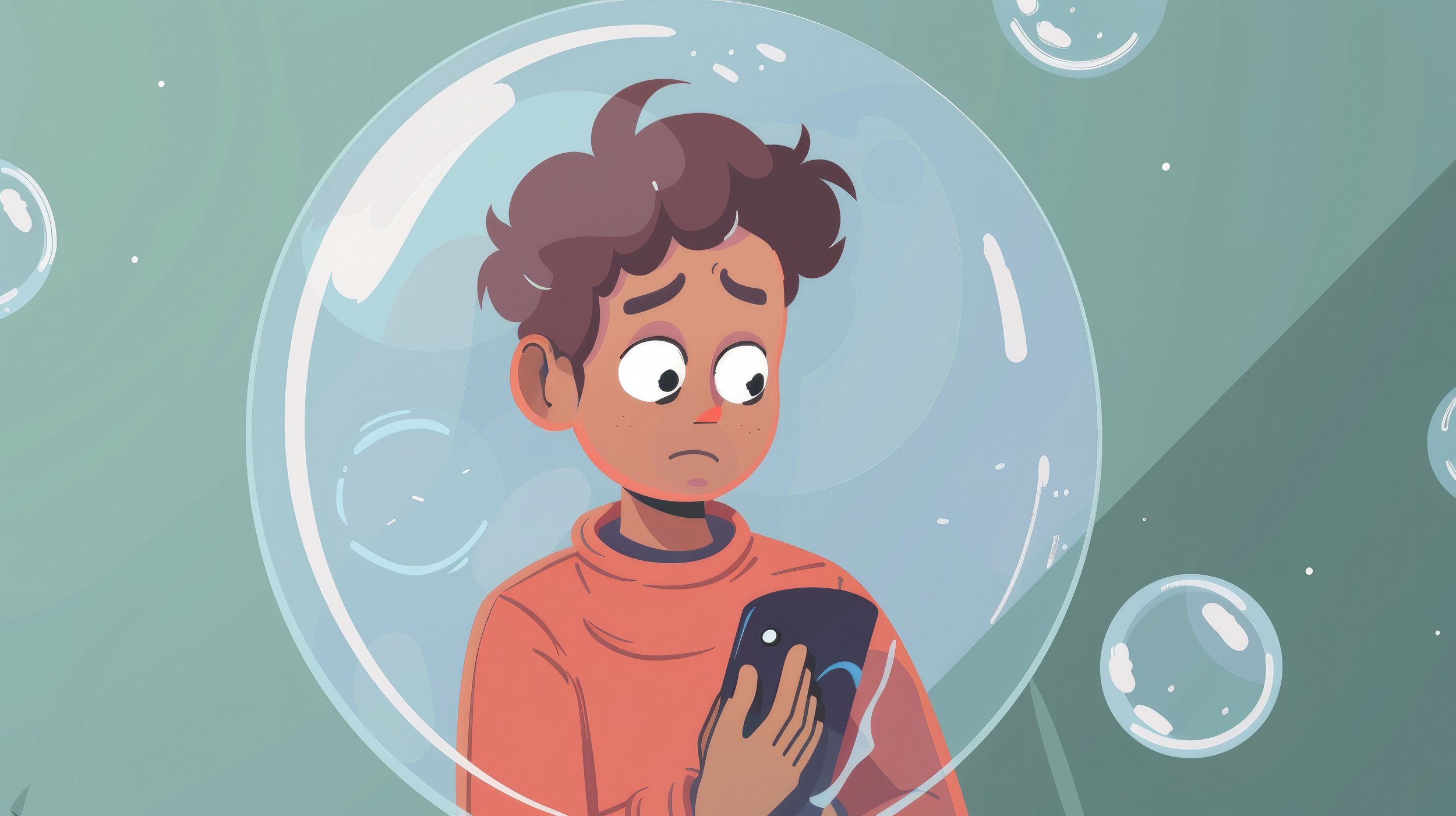Natalie Fuchs on existential isolation and I-sharing
Natalie Fuchs is a Ph.D. student at the University of Vermont working on existential psychology with Dr. Liz Pinel. She earned her B.A. and M.A. in psychology at the University of Vermont also working with Dr. Liz Pinel, where she received the John Dewey Award for outstanding independent research in psychological science. Natalie is broadly interested in existential connection and disconnection, and particularly in ways that can promote connection in couples and across ideological divides. Natalie received the Graduate Research Award at the 2023 Existential Psychology Pre-conference.
Natalie on the web: LinkedIn
By Peter Helm, Montana State University. August 5, 2024.
ISSEP: How did you first become aware of and interested in existentialism and the science of existential psychology more broadly?
Natalie Fuchs: I have always been curious and interested in why people are the way that we are, how we conceptualize our reality, and how that impacts our day-to-day lives. I had always thought answers to those questions were more spiritual, amorphous, and not scientific.
Social isolation involves the physical separation from others, whereas existential isolation involves an awareness of the “unbridgeable gap” between us all. It can feel like we’re living in our own bubble, without a sense of being known and with no validation of our own experience of reality.
Then, in my senior year of college at University of Vermont, I took an advanced research seminar taught by Dr. Liz Pinel. That was my first exposure to the ideas of existential isolation and I-sharing. We learned about how “me-sharing” (the degree of overlap in our objective features) is different than “I-sharing” (the degree of overlap with subjective features of the self). Variations in me-sharing can make you feel physically alone or connected to others, whereas variations in I-sharing can range from making you feel experientially isolated to making you feel fundamentally known and totally validating your experience of reality.
The ability to name and understand those experiences is so important. Otherwise, I think we risk thinking in broad strokes as if all loneliness and isolation were the same. But these ideas really point to different experiences, different ways of coping with social and existential isolation, and different ways to get the most out of our day-to-day experiences.
Anyway, we spent time in that class studying the research on the topic, including lab experiments to better understand the phenomena. That really blew my mind, and I just thought, “Whoa! How cool that there is a way to scientifically study something that feels almost spiritual in nature.” I've been addicted ever since!
ISSEP: You’ve been doing some fascinating research in existential psychology lately. Could you tell us more about your work with existential isolation and I-sharing?
Natalie Fuchs: Absolutely. Two recent studies I’ve completed were about the power of I-sharing in potentially building bridges across ideological and racial divides.
Upper: An example of ink blots, such as those used to manipulate I-Sharing in Pinel, Fuchs, and Benjamin, (2022).
Lower: Data patterns among Biden supporters revealed that I-sharing (vs. not) with a Trump supporter led to increased belief in productive dialogue (Pinel, Fuchs, & Benjamin, 2022)..
In the first one, we were interested in whether I-sharing would promote liking and belief in productive dialogue between Trump and Biden supporters (Pinel, Fuchs, & Benjamin, 2022). We conducted the study three days prior to the 2020 election, which was an intensely polarized time. We recruited 417 participants, including 249 Trump supporters and 168 Biden supporters. Then, we had each participant complete an “inkblot interpretation” task and told them they would be completing it with a partner. However, we manipulated this task in two ways. First, we randomly told participants their partner either supported the same candidate or supported their opponent. Second, we randomly assigned each participant to I-share with their partner or not. Participants viewed a series of 12 ink blots and indicated which of four possible images they saw in each blot. After each, they learned what their partner indicated. We rigged it so that in the no-I-sharing condition the partner never gave the same response as the participant, whereas in the I-sharing condition the partner indicated seeing the same image 10 of the 12 times.
Then, we used a 7-point Likert-type scale to measure “belief in productive dialogue” (1 = Not at all, 7 = Very much), including items measuring such as how much participants felt they understood and respected their partner’s candidate preference, believed they could have a productive conversation about it, and believed their partner should vote. We found that Biden supporters’, but not Trump supporters’, belief in productive dialogue was impacted by whether they I-shared with their partner. Among Biden supporters, I-sharing (vs. not) with a Trump supporter led to increased belief in productive dialogue.
In another study, White participants thought they were paired with either a White or a Black partner. First, we had them share their beliefs about systemic racism, then we manipulated I-sharing with one or the other partner. For White participants who thought they were paired with a Black partner, the strong believers in systemic racism liked their partners strongly regardless of I-sharing, whereas those with more modest belief in systemic racism preferred the partner they I-shared with. This study implies White people may be more receptive to listening to Black people's experiences about systemic racism if they can share subjective experiences together. We’re also doing follow-up studies to learn whether I-sharing might help provide therapeutic validation for people experiencing microaggressions, which may cause existential isolation as they often involve some level of ambiguity in interpretation.
I’ve also been interested in studying these processes in romantic relationships and couples. For my Master’s, I tested whether an I-sharing moment promotes a sense of “we-ness” which is like the extent to which a couple views reality through a collective lens rather than an individual perspective, and whether “we-ness” that predicts relationship satisfaction and longevity. My theory is that some people will be more inclined to feel that connection. Over the course of a relationship, as couples have more and more I-sharing moments, and start to realize that they I-share with ease and frequency, their two “I’s” become a “We” which creates a level of existential connection that fosters satisfaction and well-being.
ISSEP: In what ways can your research help us make sense of important human experiences, better understand important events or inform our cultural or technological trends?
Natalie Fuchs: Existential isolation is a symptom of the human condition, of course, but I think it’s also being amplified by the society that we live in. There are a lot of extreme things happening in the world: global travel, communication, industry, and climate change are all creating a situation where the world has become so big it’s difficult to feel a sense of connection and community on a local level. I think that a lot of people are severely existentially isolated, and yet we’re all just still marching onward as if things haven’t changed.
In response, I think that people are more inclined to seek connection online, and social media algorithms have created echo chambers that can offer a sense of belonging with others who make us feel validated and understood. By contrast, those online echo chambers can make us feel disconnected from our local real-world communities, as though nobody there actually understands us. That motivates movement back to the echo chamber, and the cycle continues, resulting in an increasingly polarized world.
But, I think if we were to unplug from our online echo chambers, and increase existential connection with the people around us in our local real-world communities, it would go a long way toward creating a less extreme and more understanding world. Our recent work on existential connection and isolation highlights that, in a way, showing that a moment of I-sharing can help to build bridges across ideological and racial divides—and can open the doors to productive dialogue. This is important because we know that I-sharing experiences promote pro-social outcomes like altruism, connection, and empathy.
ISSEP: Do you see your research topic when you look at the arts and humanities?
Natalie Fuchs: Yes, I think music and art can function to express feelings of existential isolation and create existential connection in ways that we previously didn't have words for. In my experience, music—especially live music—can spark a special type of connection like an I-sharing moment.
For example, I’m not particularly into the jam band scene, but many of my friends are. Sometimes when I’m with them I feel a bit disconnected from them because we have different musical interests. But then I went with them to experience a jam band show live, and we all got into the groove and I had this moment where I thought, “Okay, I totally get it now. We’re all experiencing the same vibe and this is such an amazing bonding experience.”
So, I think the power of art and music is probably in its ability to promote that sense of existential connection through a shared subjective experience.
ISSEP: You’ve attended and presented research at our Existential Psychology Preconferences; how has your experience been with those?
Natalie Fuchs: First, I just want to express how thankful and grateful I am that this society has been created, and that there is a space for us all to come together and talk about research on existential psychology. The first time I attended the Existential Psychology Preconference was so validating and confirmed that this is the space that I want to be in. I’ve attended the past couple of preconferences virtually, but I would love to attend in-person one day! I also so appreciate how approachable and encouraging everyone is, especially starting in my career in this field. I'm just so grateful to be part of this.
ISSEP: What is one piece of advice you would give to future students who have an interest in following in your footsteps?
“My advice would be to not over-identify with certain ideas you have about yourself or the world, and to be prepared to get out of your comfort zone”
Natalie Fuchs: My advice would be to not over-identify with certain ideas you have about yourself or the world, and to be prepared to get out of your comfort zone. For most of my life, I thought of myself as a reading and writing person, and not a science or math person. In my first semester of freshman year, I enrolled in Social Psychology; but then I learned that the psychological science major was research and science heavy, so I dropped the course without taking it. But as I turned to courses in the humanities, I really struggled to find something that excited me.
Eventually, I took that Social Psychology course and fell in love. Through that class, I realized that I actually am a science and math person. But whereas I had previously thought that science meant biology and chemistry, and math meant calculus, I came to realize that science can study variables at the level of human interaction and existential concerns—topics that are exactly what I want to work on and reflect who I am.
So, my advice would be: Don't let your preconceived ideas of yourself keep you from exploring new ideas or perspectives – you just might discover exciting new aspects of yourself or topics that ignite your passion.
ISSEP: Could you tell us a little bit about yourself outside of the work/research context?
Natalie Fuchs: I live in Vermont with my boyfriend and two cats. I really enjoy live music and I especially love blues and funk. Growing up in New York, I always considered the outdoors to be inaccessible and almost scary because of bugs and poison ivy and all that jazz. But since living here, I've just fallen in love with the outdoors in a different way and realized how much I enjoy things that I previously thought I wouldn't like, such as camping and foraging. I’ve also really fallen in love with the natural beauty of Burlington, Vermont, with the lake on one side and mountains on other. I’ve found a lot of joy here.
ISSEP: A lot of us like to listen to music, either in general or even while working; what are you listening to lately?
Natalie Fuchs: I definitely love a good singer songwriter like Mt. Joy, and like his song “Astrovan.” But recently, I've been listening nonstop to Sammy Rae & The Friends. Their music is the upbeat, bluesy, funky type. They're so fun, it's a good pump up while you're working. I recommend checking out their song called “Flesh and Bone.” I also love Funkadelic and Kendall Street Company. Just really anything that has a saxophone in it, I'm going to love it. Lotus is also great.
I’ve also gone to see so many shows here, at Nectar’s and Higher Ground, and compared to seeing shows in big cities it’s super fun to be able to meet the artists at the venue before or after the shows.






